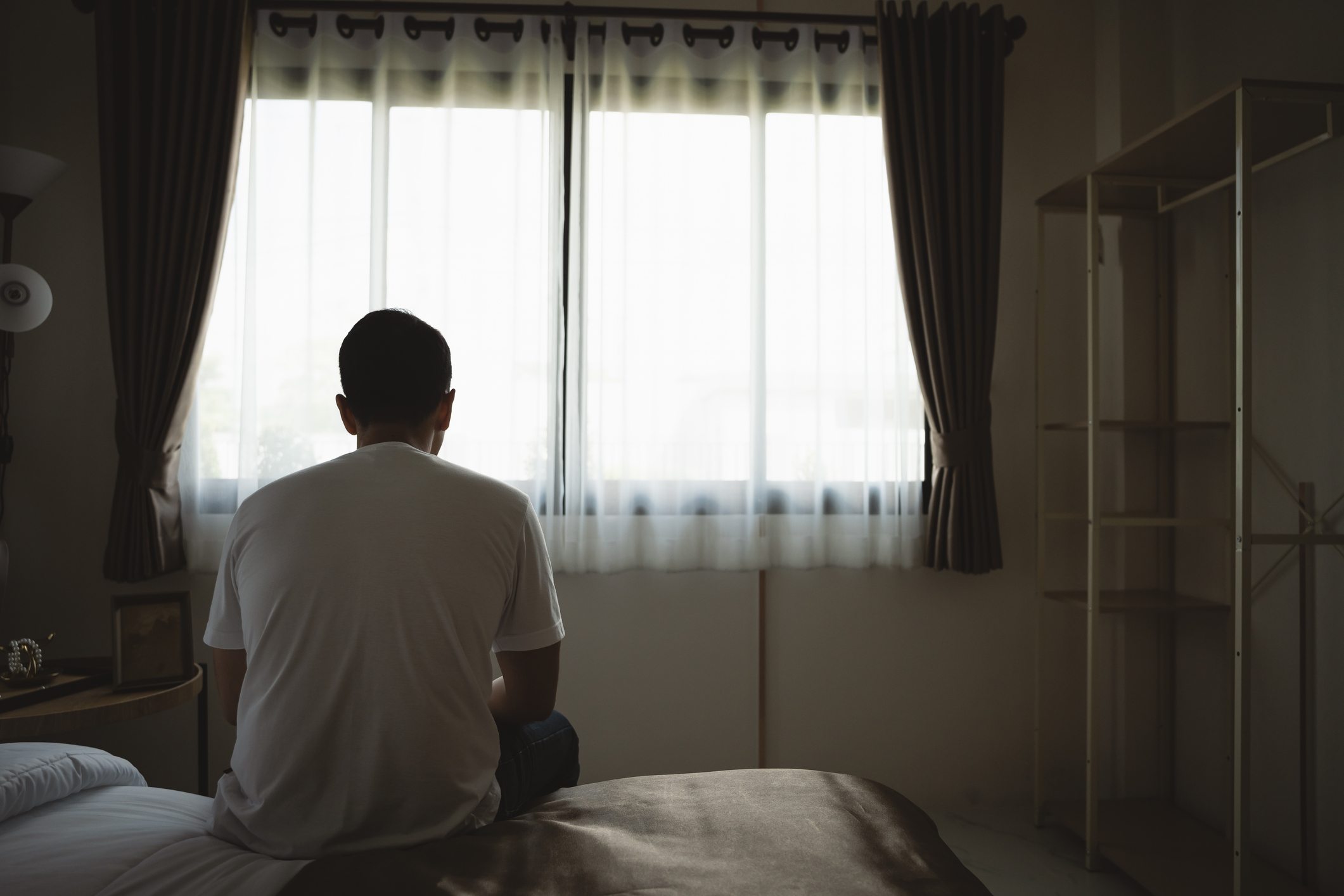Psychological impairments
Challenges with mental impairments
Stress, grief or excessive demands - sometimes stress becomes so severe that it permanently affects everyday life. Psychological impairments such as depression, anxiety disorders or burnout can affect anyone, regardless of age, profession or life situation.
Emotional stress
- Persistent sadness or inner emptiness: In the case of depression, many people feel permanently depressed or "empty" - often without any recognizable external cause.
- Uncontrollable anxiety: Anxiety disorders are characterized by excessive worry or panic attacks that seem to occur for no reason.
- Irritability and anger: People with mental overload or burnout often react irritably to the smallest triggers.
Physical and health consequences
- Sleep disorders: It is difficult to fall asleep or sleep through the night - thoughts are racing and the body cannot rest.
- Physical complaints: Back pain, headaches or gastrointestinal problems can be caused by prolonged stress or mental overload.
- Exhaustion and listlessness: Depression or burnout can make even everyday life feel like an insurmountable obstacle.
Social challenges
- Withdrawal from family and friends: Many people withdraw because they feel misunderstood or "burdensome".
- Burdens for relatives: When someone close to them becomes mentally ill, their relatives are also affected. They worry, take on additional tasks and often feel overwhelmed.
- Difficulties at work: Those who suffer from exhaustion, anxiety or lack of motivation often find it difficult to meet the demands of their job. This can lead to absenteeism or conflicts.
First steps: What you can do if you have mental health problems
If you notice that your inner tension is no longer easing or that you are no longer enjoying things that used to be good for you, take these signals seriously. Don't ignore the warning signs - the sooner you act, the easier it will be to change.
Relieve yourself
- Planning breaks: Even small breaks in everyday life help to reduce stress. Take short breathing breaks or consciously take screen breaks.
- Exercise in the fresh air: A walk outside can help to clear your head and relieve inner tension.
- Establish healthy routines: Fixed bedtimes, regular meals and consciously switching off in the evening promote well-being.
Seek openness and exchange
It can be difficult to talk about mental stress. But open conversations can provide relief - be it with friends, family members or counseling centers. Saying "I can't do this alone" is not a sign of weakness, but of strength. Sometimes just saying the first sentence is enough to open a door.
Finding support: Where can I get help?
Counselling and psychological support
- Psychological advice centers: These centers offer anonymous and free consultations where those affected can talk about their concerns.
- Crisis services and emergency numbers: In acute crisis situations (e.g. suicidal thoughts), telephone advice services are available around the clock.
- Online counseling: Those who do not wish to speak in person can use chat or email counseling to receive anonymous support.
Therapy and treatment services
- Psychotherapy: Behavioral therapy, depth psychology or systemic therapy help to find long-term solutions.
- Outpatient and inpatient treatment: In severe cases, a stay in a psychosomatic clinic or inpatient therapy may be necessary.
- Support groups: Sharing with people who have had similar experiences can provide relief and encouragement.
Offers for relatives
- Counselling for relatives: Relatives of people with mental impairments can find support at advice centers.
- Support groups for relatives: Sharing experiences with other relatives helps to gain new perspectives and feel less alone.
Frequently asked questions about mental impairments
Signs of mental impairment can include persistent sadness, permanent exhaustion, anxiety or sleep problems. Withdrawal from friends and family or loss of interest in hobbies can also be signs. If everyday life is severely affected by these symptoms, it makes sense to contact a psychosocial counseling center or a psychotherapeutic practice.
Support is offered by psychosocial counseling centers, psychotherapists and clinics for psychiatry and psychotherapy. You can initially contact a counseling center anonymously to find out which type of support is right for you. If necessary, the advice center will also help you find psychotherapy.
If the waiting time for a therapy place is long, you can use psychosocial counseling centers or anonymous telephone counseling (e.g. telephone counseling). Group offers or self-help groups also offer support during this time. Ask your health insurance provider whether psychotherapeutic acute treatment is possible, as this is often available more quickly.
